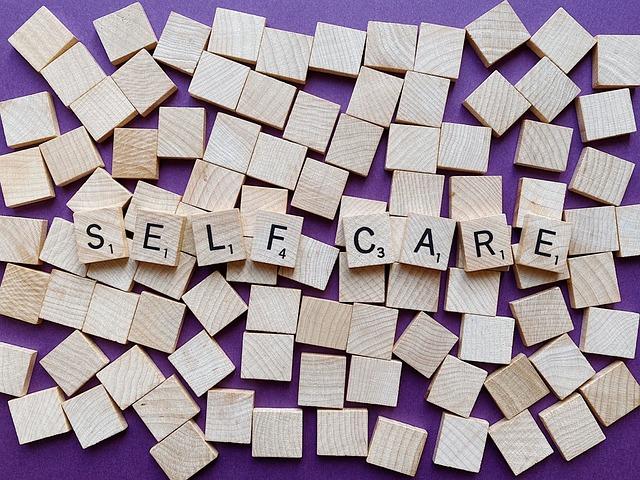In an era where luxury services are increasingly accessible and pervasive, a growing concern is emerging around their impact on the development of self-reliance in children. The allure of convenience and comfort offered by premium services—from personal tutors and exclusive extracurricular programs to high-end technological gadgets—promises to enrich the lives of young individuals. However, this over-reliance on luxury services risks undermining essential life skills and self-sufficiency. As parents and guardians strive to provide the best for their offspring, they may inadvertently cultivate a dependency that hampers the ability of children to navigate challenges independently. This article delves into the nuances of this phenomenon, exploring how an excess of affluence can paradoxically impoverish the very foundations of self-reliance, and offering insights into fostering a balanced approach to child development in a world replete with luxury options.
The Impact of Luxury Services on Childrens Development
In today’s world, the prevalence of luxury services tailored for children is undeniably on the rise. While these offerings can provide unparalleled convenience and comfort, they also risk creating an environment where children may struggle to develop essential life skills. Self-reliance, a cornerstone of personal development, can be significantly impacted as children become accustomed to having their needs met effortlessly through high-end services. Instead of learning to solve problems independently, they might rely heavily on external assistance, stunting their growth in critical thinking and resilience.
- Decreased Problem-Solving Skills: When challenges are consistently resolved by others, children may not develop the ability to think critically and creatively to find solutions.
- Reduced Sense of Responsibility: The absence of everyday tasks and responsibilities can lead to a lack of accountability, as children might not experience the consequences of their actions firsthand.
- Limited Emotional Growth: The ease provided by luxury services can prevent children from experiencing and managing frustration, a vital component in developing emotional intelligence.
In cultivating a balanced approach, it is crucial for caregivers to recognize the fine line between comfort and overindulgence. Encouraging children to engage in activities that foster independence can nurture their ability to navigate the complexities of life with confidence and competence.

Understanding the Psychological Effects of Dependence on External Assistance
In today’s world, where luxury services are more accessible than ever, it’s crucial to examine how this trend impacts the psychological development of children. A growing body of research suggests that over-reliance on external assistance can significantly undermine a child’s ability to develop essential life skills. Self-reliance is a critical component of a child’s growth, fostering independence, problem-solving abilities, and confidence. When children are consistently provided with solutions through external services, they may miss out on valuable opportunities to navigate challenges on their own.
The psychological implications of this dependence are profound. Consider the following potential effects:
- Reduced Problem-Solving Skills: When children rely on external help for every hurdle, they might not develop the critical thinking skills necessary to tackle challenges independently.
- Lowered Self-Esteem: Over-reliance can lead to a perception that they are incapable of managing tasks without help, which can diminish their confidence.
- Increased Anxiety: Children may become anxious in situations where assistance is not readily available, feeling ill-equipped to handle new or complex situations.
By encouraging self-reliance, we can help children cultivate resilience and adaptability, essential traits in an ever-evolving world. It is vital to strike a balance between providing support and allowing children the space to learn and grow independently.
Strategies for Cultivating Self-Reliance in Young Minds
Fostering self-reliance in children is an essential step in preparing them for life’s challenges. Parents and educators can implement a variety of strategies to nurture this vital trait. One effective approach is to encourage problem-solving by allowing children to face age-appropriate challenges without immediate intervention. This builds their confidence in their ability to tackle issues independently. Moreover, incorporating decision-making opportunities in daily activities helps children understand the consequences of their choices, further reinforcing their autonomy.
- Assign meaningful responsibilities: Giving children household tasks or school-related duties can instill a sense of accountability and pride in their contributions.
- Promote resourcefulness: Encourage the use of available resources to solve problems, whether it’s using creative thinking to fix a toy or finding innovative ways to complete a school project.
- Foster a growth mindset: Teach children to view challenges as opportunities for growth rather than obstacles. This mindset helps them embrace learning from mistakes.

Implementing Balanced Approaches to Encourage Independence
In a world where luxury services are readily accessible, it’s crucial to find a harmonious balance between providing comfort and nurturing self-reliance in children. Striking this balance requires thoughtful consideration and intentional strategies. One effective approach is to incorporate incremental responsibilities into daily routines. For example, instead of outsourcing all household tasks, parents can encourage children to participate in age-appropriate chores. This not only instills a sense of responsibility but also equips them with essential life skills.
Moreover, promoting problem-solving skills is key to fostering independence. Encourage children to tackle challenges on their own before stepping in to help. This can be done by setting up scenarios where they need to find solutions, such as planning a family meal or organizing a small event. Additionally, providing opportunities for decision-making—like choosing their extracurricular activities or managing a small budget—empowers children to trust their judgment and learn from their experiences. By focusing on these balanced approaches, parents can nurture self-reliant individuals who are prepared to navigate the complexities of life confidently.



